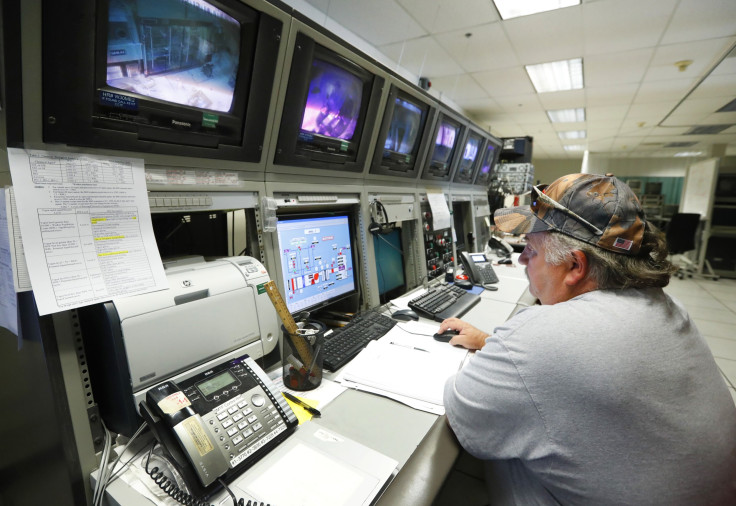Homeland Security Plans Biological Weapons Simulation Tests In Oklahoma

The Department of Homeland Security (DHS) has announced plans to release low levels of inert chemical and biological materials in 2018 to simulate the effects of biological weapons on buildings near the borders of Oklahoma and Kansas.
Through a legal notice issued in the local paper, the agency said it will be releasing "non-hazardous" and "non-toxic" chemicals and biological materials at the now-abandoned Chilocco Indian School next January and again in June, Fox-affiliate KOCO news reported Thursday. The school’s campus is located 6 miles away from Arkansas City, Kansas.
The simulation will test the building's ability to protect people from hazardous chemicals during an attack. The DHS said the test will be assessed under the National Environmental Police Act.
The government plans to conduct a particle test by releasing titanium dioxide, which it described as a "white odorless powder that is chemically insoluble in water, nonreactive, nonflammable and nonhazardous."
And for its biological test, the government plans to set off genetic barcoded spores of an insecticide known as Dipel. The insecticide is not considered hazardous when handled properly.
Residents suggested the simulation be moved to another location despite the government’s claim that the tests would be non-hazardous.
"I just got sick to my stomach," Oklahoma resident Dennis Jordan told KOCO. "I think if they want to test that stuff, let them go to Los Alamos, you know? I think it's stupid."
"You would think you would let your neighbors know," said Kyle Oestmenn, who lives less than half a mile away from the school. "Hopefully they stop by and let me know at least."
Republican Rep. Ron Estes of Kansas said Thursday he plans to ensure the safety of residents and is "monitoring the situation closely."
"I have numerous questions regarding this proposed test," Estes said. "While it's important for our federal agencies to test their abilities in response to threats, we need to be 100 percent certain this test is safe for the residents of south-central Kansas."
Local residents started an online petition calling for the cancellation of the government’s simulation in their town. The site amassed 4,995 signatures as of Monday.
"We are simply opposed to any plan of any testing of chemicals in this area," the petition said. "There is no way that you could possible know the long term effects that this may have on our community. Please, stop the testing. Save the lives of our children and grandchildren."
© Copyright IBTimes 2024. All rights reserved.











